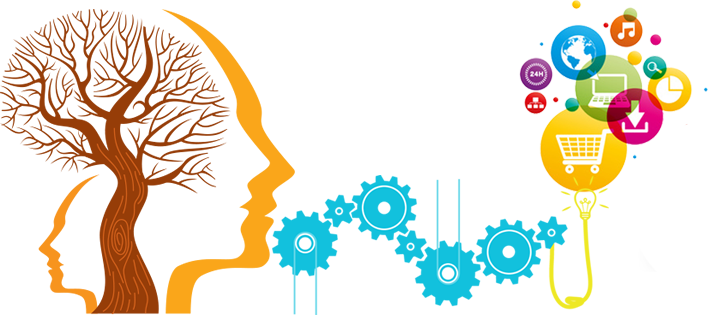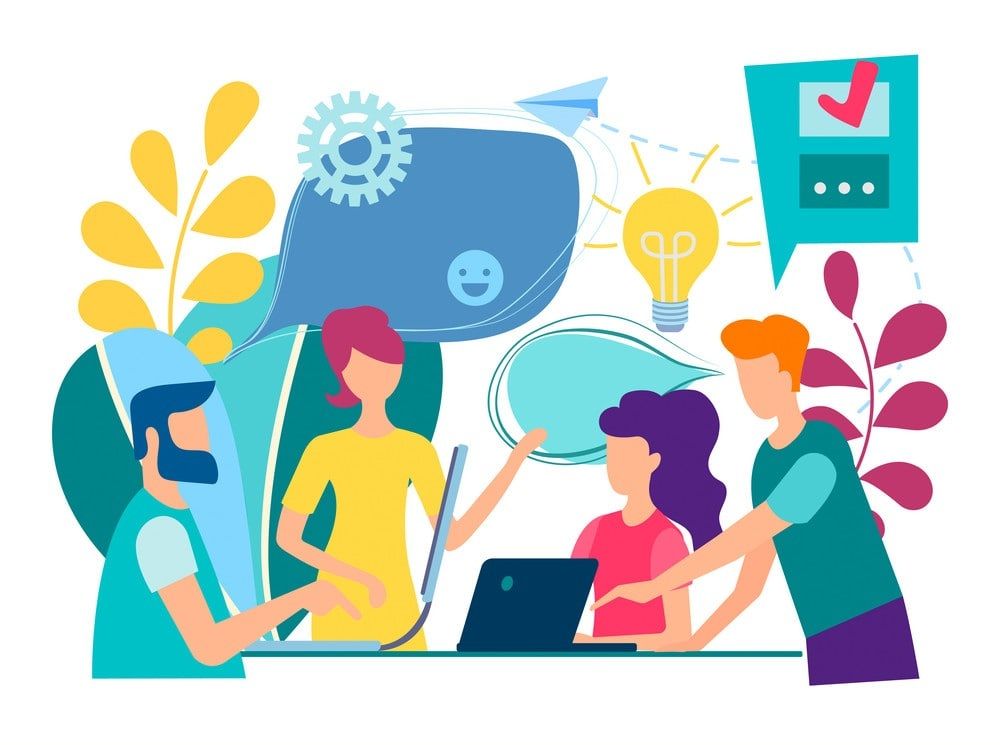One of the major challenges for sales trainers continues to be keeping their salesforce up to date with relevant product knowledge and skills while maintaining their motivation and confidence. In 2025, this challenge is amplified by the ever-changing market dynamics and customer expectations. Effective sales training is crucial for organizations, as it directly impacts revenue, profit, and growth. With advancements in technology, sales enablement platforms, and AI-driven tools, organizations now have the means to make their sales training programs more engaging, personalized, and impactful.

So, how can sales leaders leverage AI in sales enablement and modern sales readiness platforms to make their training initiatives more effective?
The salesforce is always under an organization's microscope as it plays a pivotal role in achieving business targets. Sales personnel are expected to stay updated on product and service knowledge, map customer journeys, and demonstrate proficiency in social selling, value propositioning, and negotiation. These requirements make advanced sales management training and sales coaching and training essential. AI-enabled sales readiness software and sales enablement tools can revolutionize the way these trainings are delivered and consumed.
Why Effective Sales Training Matters
CSO Insights studies have highlighted the benefits of structured sales training programs over the years:
- A well-designed sales process/methodology training increases the chances of achieving targets by about 17.7%.
- Formal on-the-job training frameworks with structured sales coaching improve win rates by 28%.
- Effective onboarding programs can boost quota achievement percentages to 70%, compared to the average of 57.7%.
Despite these benefits, traditional sales training programs often fall short due to a lack of continuous reinforcement and engagement. In 2025, the solution lies in integrating AI sales training tools and personalized learning journeys within sales enablement platforms. Sales reps, who are always on the go, prefer bite-sized, accessible learning modules that can be quickly consumed and applied. Modern sales readiness platforms equipped with AI-driven insights enable on-the-go learning, making sales training programs more dynamic and effective.
AI in Sales Enablement: A Game Changer
AI-driven sales enablement tools are transforming how sales teams learn and perform. By analyzing large datasets from CRM platforms, Learning Management Systems (LMS), and sales readiness software, AI can:
- Identify skill gaps and recommend tailored training modules.
- Provide real-time feedback and performance analytics.
- Automate repetitive training tasks, allowing trainers to focus on high-impact activities.
For instance, Master-O’s AI-powered sales enablement platform uses big data and behavioral analytics to personalize learning experiences for sales reps. AI can predict when sales reps are most likely to engage with training content, ensuring higher participation and retention rates. Furthermore, it helps correlate learning metrics with business outcomes, making it easier for organizations to measure ROI on their training programs.
Gamification: Keeping Sales Teams Engaged
Gamification remains a critical element in modern sales training topics. By incorporating game design techniques into non-game contexts, gamification enhances learning and engagement. In sales training, gamification can include elements like:
- Storylines that simulate real-world sales scenarios.
- Badges, points, and certifications for completing training modules.
- Game-based assessments that provide immediate feedback and actionable insights.
Sales reps thrive on achievement, and gamified content motivates them to excel. Master-O’s gamified microlearning content ensures consistent reinforcement of critical sales skills, allowing reps to measure their learning progress in real-time. Gamification also enables sales leaders to make data-driven decisions by linking skill development to business performance outcomes.
Psychology and Behavioral Insights in Sales Training

Incorporating psychological principles into sales training programs can significantly enhance their effectiveness. The principle of spaced repetition, for example, is particularly useful in combating the forgetting curve. Sales reps often forget up to 50% of newly learned skills within days of a traditional training session. By using AI-enabled sales readiness platforms like Master-O, organizations can deliver periodic, bite-sized learning modules that reinforce key concepts over time.
Understanding customer psychology is equally crucial. Sales reps need to adapt their approach based on buyer personas and behavioral cues. AI sales training tools can analyze historical data and provide insights into customer preferences, enabling reps to engage in meaningful interactions. Additionally, breaking down traditional training into microlearning experiences reduces cognitive load and ensures that sales reps can quickly apply their knowledge to real-world scenarios.
Leveraging Data Analytics for Sales Training Effectiveness

Data analytics plays a central role in modern sales training programs. By extracting and analyzing data from sales enablement platforms, organizations can:
- Identify trends in sales performance and training engagement.
- Personalize training content based on individual learning curves.
- Optimize training schedules to align with sales reps’ availability.
Master-O’s sales readiness platform integrates data from various sources, including CRM systems and LMS platforms, to provide actionable insights. These insights enable sales trainers to refine their content continuously and adapt to the evolving needs of the salesforce. Data-driven training initiatives ensure that sales teams are equipped with the skills and knowledge required to succeed in a competitive landscape.
A Multi-Disciplinary Approach to Sales Enablement
The integration of AI in sales enablement, gamification, behavioral psychology, and data analytics creates a holistic approach to sales management training. By combining these disciplines, organizations can:
- Enhance engagement rates by up to 80%.
- Reduce content creation time by 70%.
- Improve the linkage between training outcomes and sales KPIs.
Master-O’s comprehensive sales training programs leverage AI, gamification, and behavioral insights to create adaptive and personalized learning journeys. This approach not only addresses the motivational needs of sales reps but also ensures consistency in sales messaging and skill development. By building a culture of continuous learning, sales leaders can drive higher productivity and better business outcomes.
Conclusion
In 2025, the adoption of AI-driven sales training programs and advanced sales enablement tools is no longer a luxury but a necessity. By leveraging platforms like Master-O, organizations can redefine their sales coaching and training initiatives, making them more engaging, effective, and aligned with business objectives. Whether it’s enhancing onboarding programs, reinforcing selling behaviors, or closing skill gaps, the right tools and strategies can empower sales teams to excel in a competitive market.
For more information on how Master-O can help you transform your sales training programs, write to us at hello@masteroapp.com or schedule a demo today.
